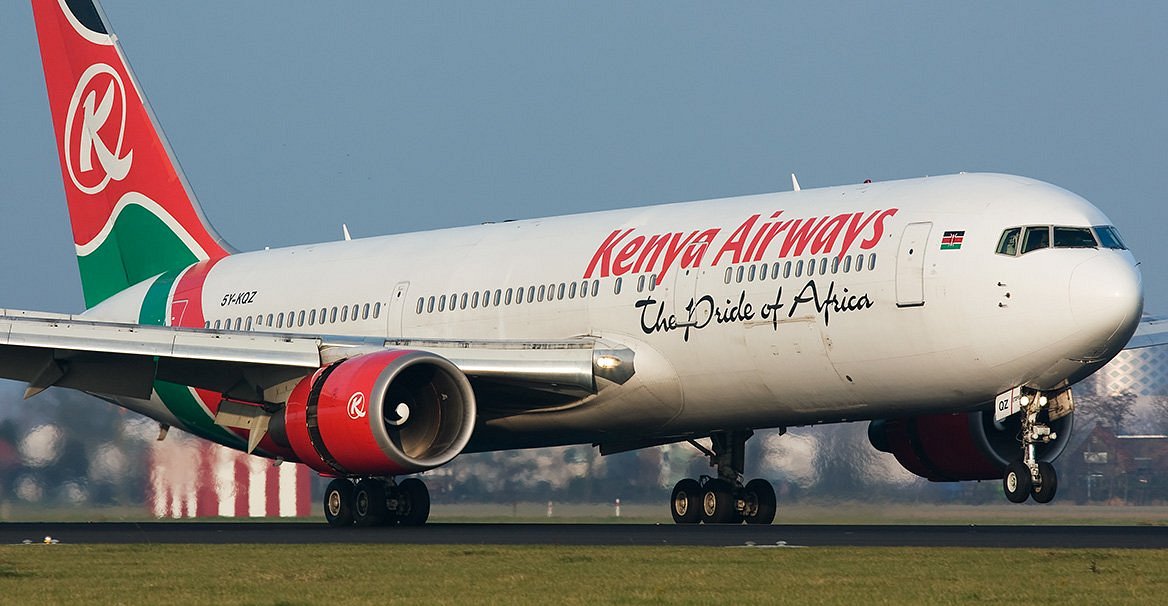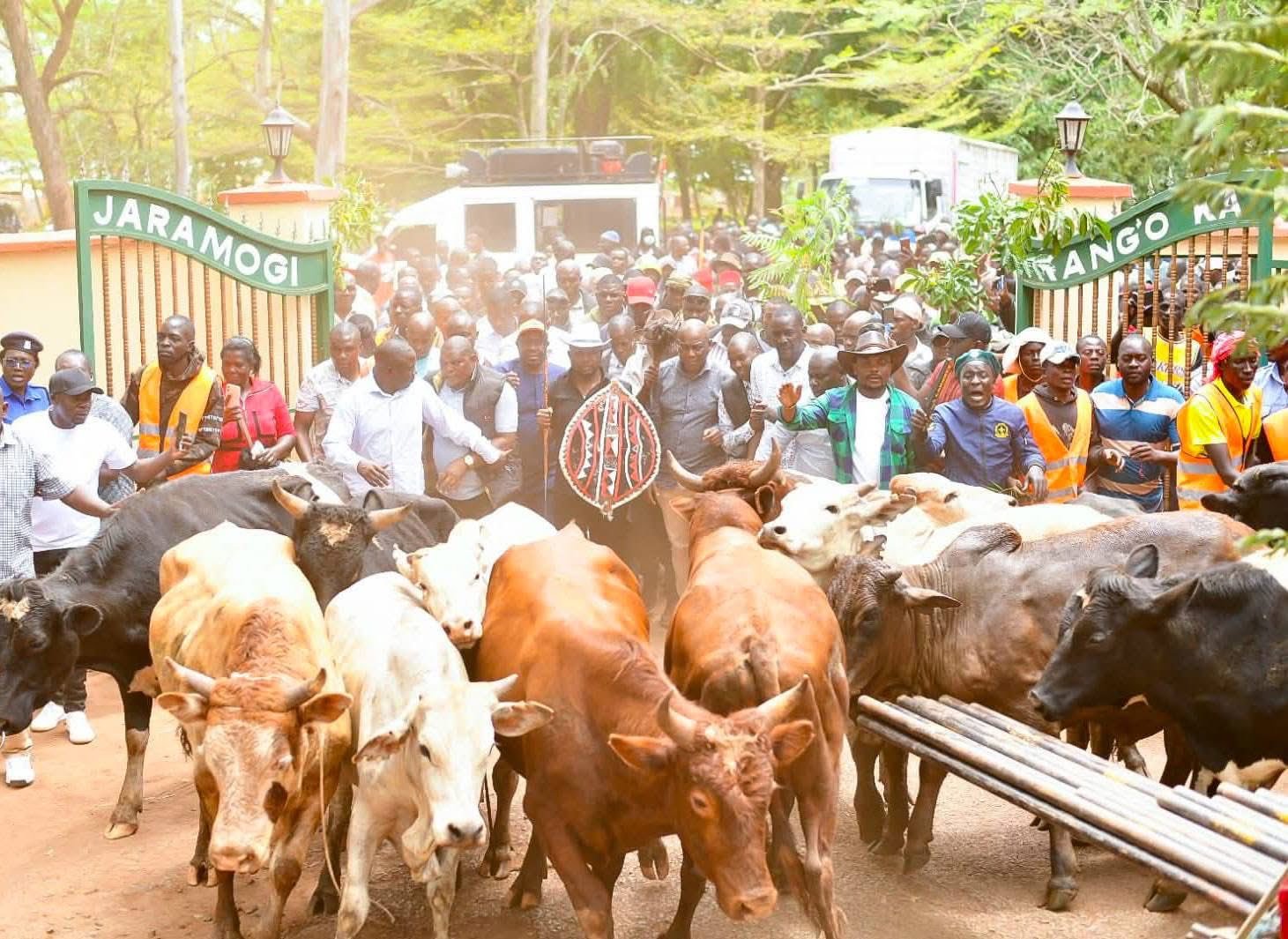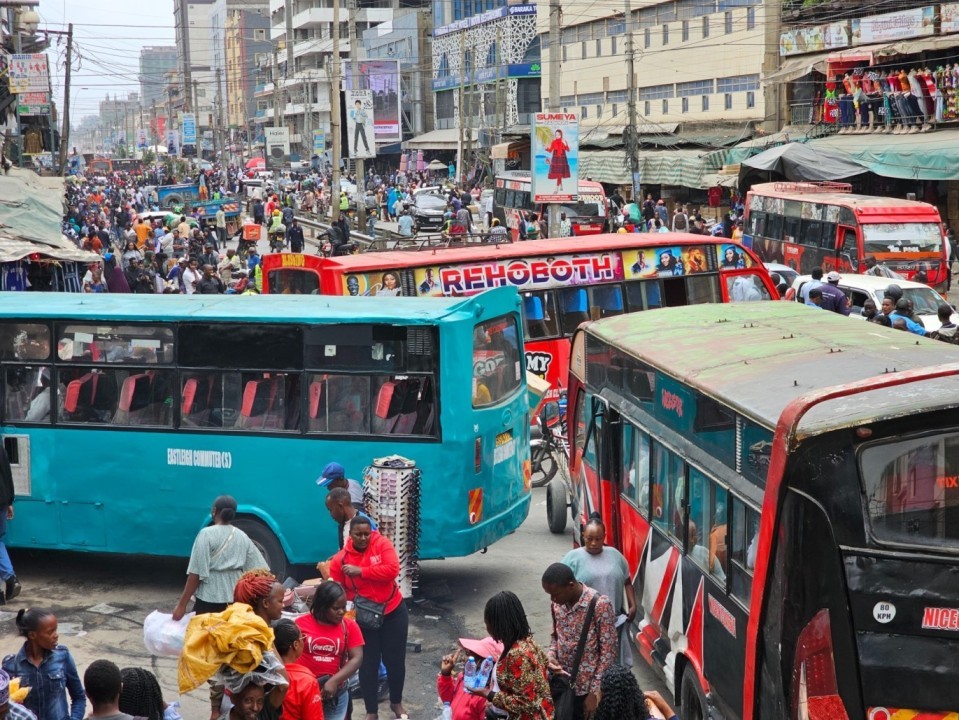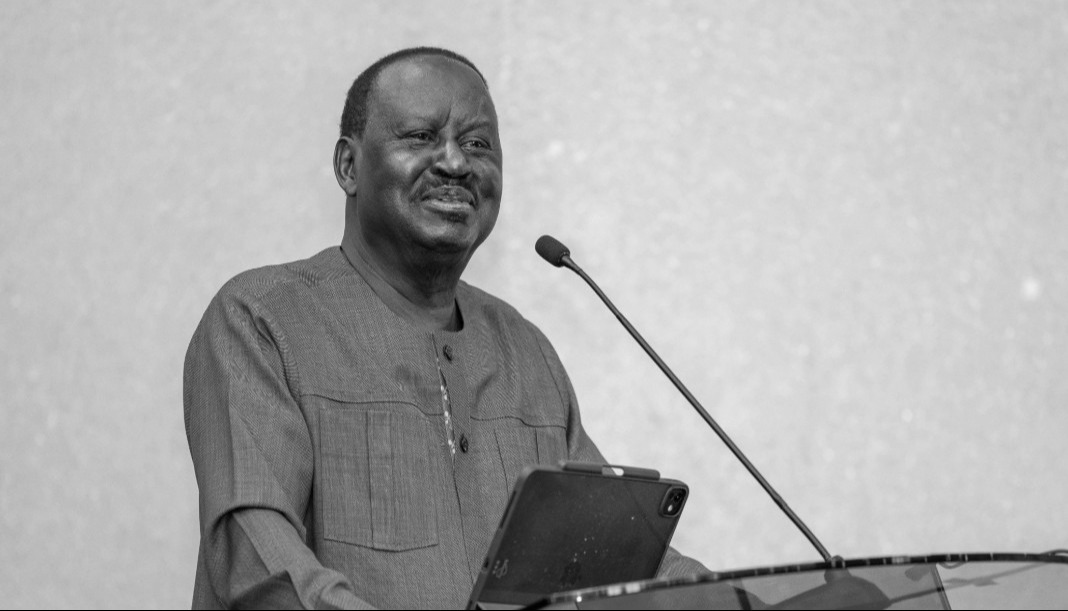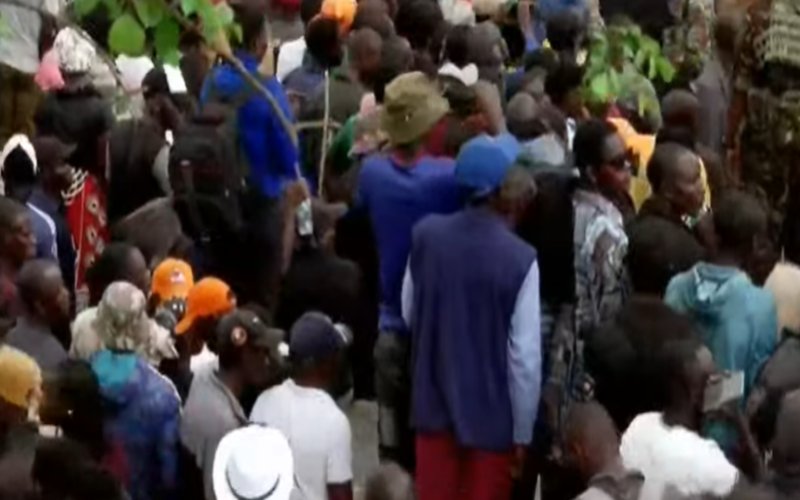Finance Bill, 2024: Burdened youth brace themselves ahead of proposed new taxes
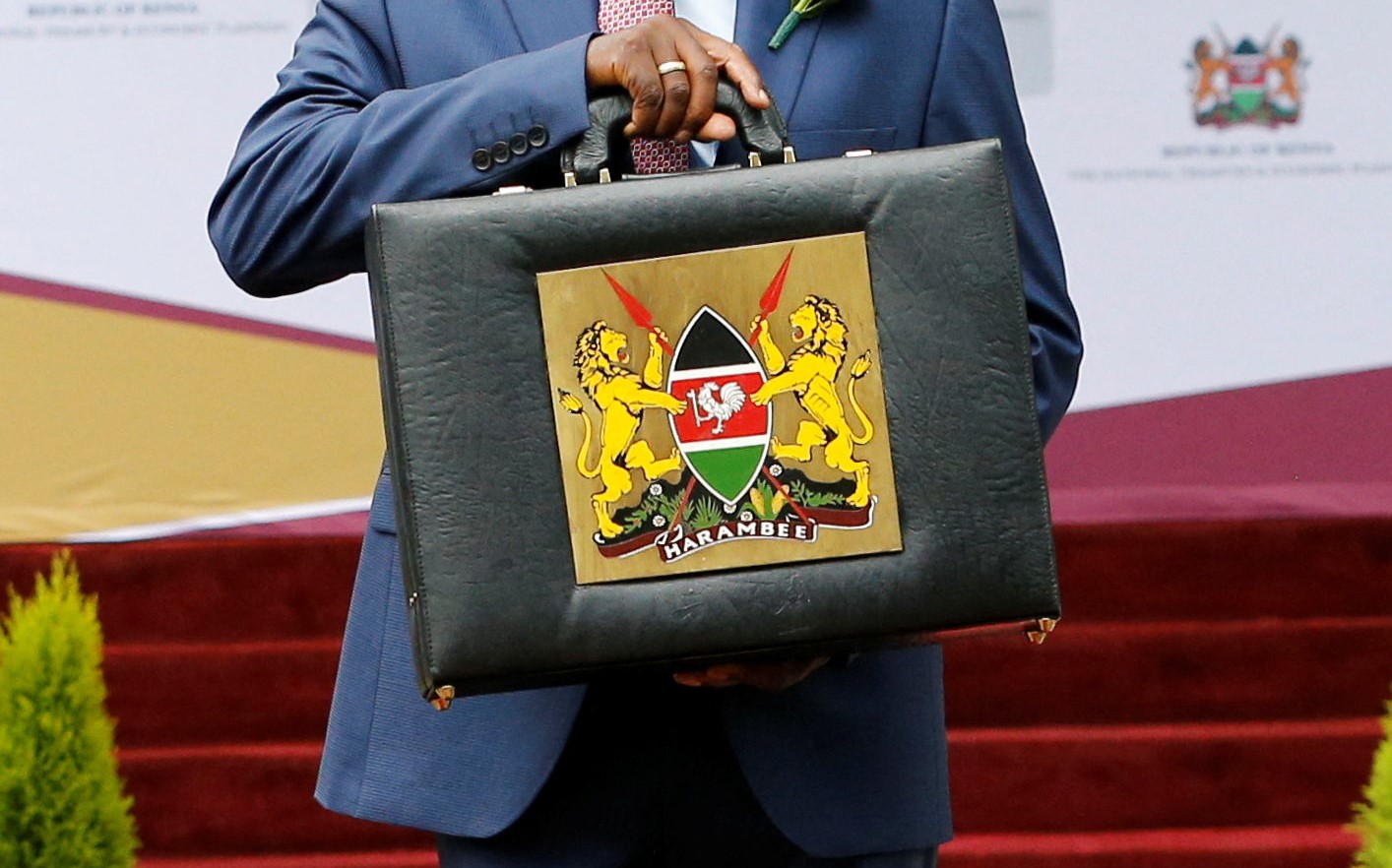
President Ruto has insisted on the importance of living within the country's means, acknowledging the economic burden while saying the long-term benefits will outweigh the immediate costs.
The persistent issue of high living costs has long afflicted many Kenyans, with a significant portion unable to afford basic necessities, particularly impacting the youth who are predominantly either self-employed or unemployed.
According to the 2019 population census results, Kenya has a youthful population, with 75 per cent of its 47.6 million inhabitants being under the age of 35.
More To Read
- From detention to global recognition: Rose Njeri named in 2025 Time100 Next list
- The impact of the recent Finance Bill on different sectors
- How protests over Finance Bill hurt Nairobi’s daily revenue collections
- 16 killed in June 25 memorial protests, most by police – Amnesty International
- We are forgotten: Erickson Mutysia’s mother makes heartbreaking plea for justice
- Fury as plainclothes police camp outside Rongai artist Matiri's home without warrant ahead of protests
Amidst soaring unemployment rates, entrepreneurship has emerged as a coping mechanism for many youths, often resulting in hand-to-mouth survival.
However, the proposed Finance Bill 2024, has heightened concerns among the youth, who grapple with the prospect of increased taxes and a lack of funding.
The government, in a bid to boost tax revenues, has proposed a raft of new tax measures in the Bill which will raise the cost of crucial goods and services affecting individuals and businesses alike.
President William Ruto has defended the move to introduce additional taxes on Kenyans, arguing that it forms part of a broader strategy to enhance the country's revenue and reduce reliance on borrowing.
Ruto aims to raise the nation's average tax rate from 14 per cent to 16 per cent by the end of the year, with a vision of achieving a range between 20 and 22 per cent by the conclusion of his term.
He has insisted on the importance of living within the country's means, acknowledging the economic burden while saying the long-term benefits will outweigh the immediate costs.
“My drive is to push Kenya, possibly this year we will be at 16 per cent from 14 per cent. I want in my term, God willing, to leave it at between 20 per cent and 22 per cent. It's going to be difficult, I have a lot of explaining to do, people will complain but I know finally they will appreciate that the money we go to borrow from the World Bank is savings from other countries,” said Ruto.
David Mutemi, a boda boda operator in Eastleigh, voices his frustration about the proposed taxes.
"I find it difficult to understand why the government is raising taxes when we are already burdened. The common mwananchi is already stretched to the limit," said Mutemi.
Mutemi says the burden of these taxes falls squarely on the already struggling common citizen.
"The government's failure to create enough job opportunities for the youth heightens the problem, leading many to rely on themselves. Imposing higher taxes on businesses and transactions only compounds the challenges faced by struggling Kenyans in business," he says.
Mutemi suggests that the government should prioritise the well-being of its citizens, who are already burdened with numerous financial responsibilities.
"Over-taxing people diminishes their motivation to seek earnings, as it feels like whatever they earn will be taxed away," he says.
 David Mutemi, a boda boda operator in Eastleigh, Nairobi. (Photo: Hafsa Hassan)
David Mutemi, a boda boda operator in Eastleigh, Nairobi. (Photo: Hafsa Hassan)
Terry Mueni, a 35-year-old worker in the beauty industry, pours out her concerns on her already meagre sales.
"We rely on commission, and sometimes we barely make Sh250 due to low sales. Introducing more taxes on products will only worsen our situation," she shares.
Mueni expresses the burden Kenyans bear, paying taxes on everything from goods to basic necessities, making life in the industry increasingly unbearable.
"Many of us are still supporting our families and even our parents, and with the proposed added taxes, we'll barely scrape by since it's already tough," she explains.
"I can't recall the last time I managed to save or buy anything useful. Whatever I earn goes towards food, barely covering expenses like rent and school fees."
She adds that they're already down to one meal a day, and they're uncertain how they'll manage with these additional payments and regulations.
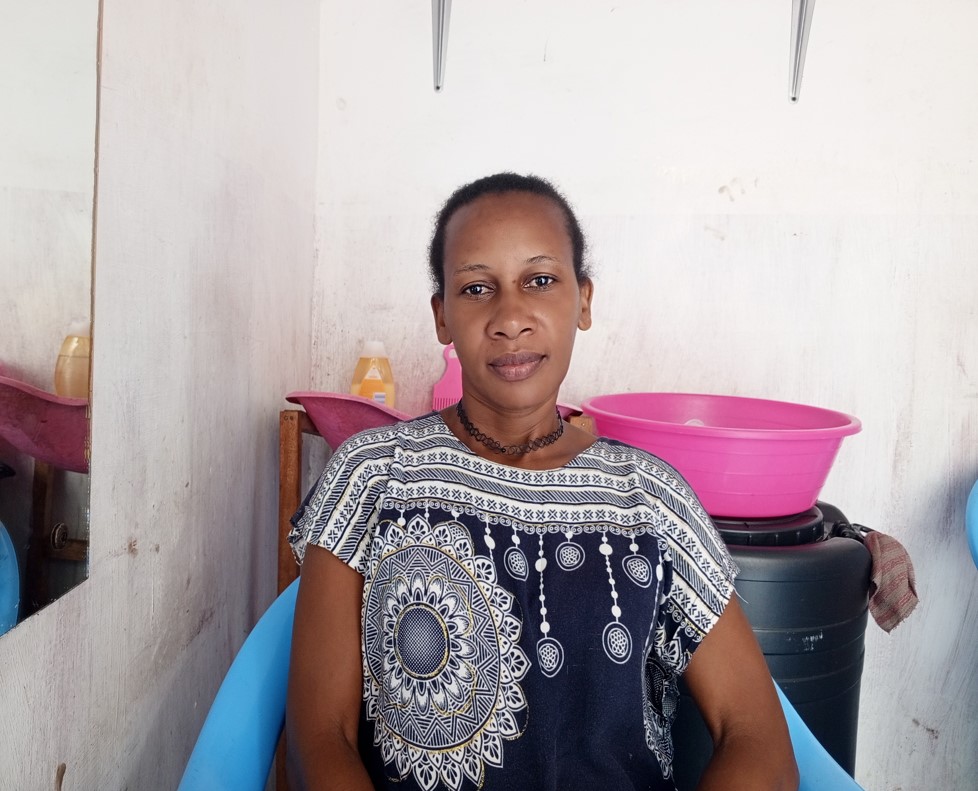 Terry Mueni, a salonist in Eastleigh, Nairobi. (Photo: Hafsa Hassan)
Terry Mueni, a salonist in Eastleigh, Nairobi. (Photo: Hafsa Hassan)
Peter Njoroge, a 26-year-old fruit vendor in Eastleigh, shares similar sentiments about the new taxes.
"As a business person, I'm already struggling with low sales, just trying to put food on the table for my family. With taxes increasing on commodities, I feel the strain intensifying," he explains.
Njoroge notes that bread is a quick solution for his family, but with its current price and the prospect of added taxes, providing for his family becomes even more challenging.
The proposed changes in tax policies have sparked concerns among Kenyan youths, particularly those engaged in digital entrepreneurship and content creation.
For many young Kenyans, digital platforms have become a vital avenue for expressing their creativity, sharing their talents, and earning a livelihood. However, the introduction of a 5 per cent tax on digital content threatens to dampen these aspirations.
Many youths transact electronically the increase in excise duty rates on mobile transfers could further compound the challenges faced by young entrepreneurs.
Many rely on mobile money services not only for conducting business transactions but also for accessing financial services and managing their finances.
The higher taxes on mobile transfers could increase the cost of doing business, reduce profitability, and hinder the ability of young entrepreneurs to scale their ventures.
The 20 per cent excise duty on “other fees charged by financial institutions” is likely to raise the cost of critical financial services.
The proposed changes include removing tax exemptions for various financial services like issuing credit and debit cards, money transfers, and handling cheques. They also suggest making businesses issue electronic tax invoices starting July 1, 2024.
The bill also suggests adjustments to VAT refunds, raising the threshold for businesses to register for VAT, and standardising taxes on betting, gaming, and lotteries at 16 per cent.
Furthermore, locally assembled mobile phones and contracts with the government would no longer be exempt from VAT.
The bill also removes zero-rated status for certain goods in the e-mobility sector, like electric bicycles and batteries, subjecting them to the standard VAT rate of 16 per cent.
Top Stories Today


